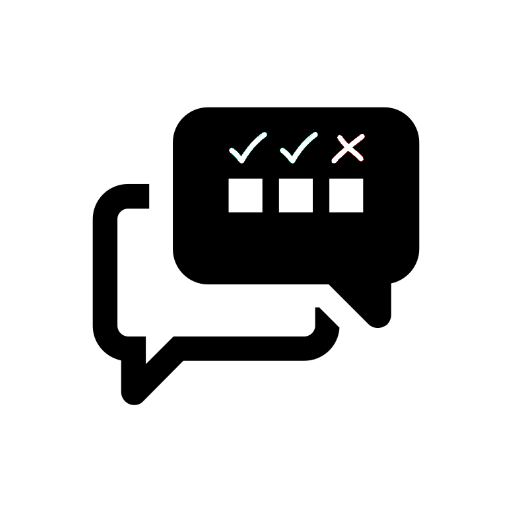
Automatically scored pronunciation quizzes
Many teachers see pronunciation as all packaging with no need for any content. We sometimes assume that if we can help students get the pronunciation right, the teacher’s job is done. But one of the central proposals of communicative language teaching methods is that language learning activities should be as meaningful as possible. We should endeavor to make even focus-on-form(s) pronunciation practice meaningful.
Why make pronunciation practice meaningful?
We want to make all those little bits of language we teach memorable and instantly available to students in future conversations. How is that achieved? Language teachers believe that language is stored in our heads as generative rules and meaningful chunks attached to meaningful contexts. When students find themselves talking in English in a context that resembles the imaginative context in which the target form was presented and practiced, that form will become active in their heads. They won’t have to think about it. It’ll just be there, active, and ready to use in a conversation.
If the student has had enough exposure and practice with the form, the packaging and new content should come out of their mouths without much effort. It makes sense. So meaningless choral drills are no longer encouraged. We can use them briefly in the classroom, but we can’t stop there. Teachers must provide a context and enough repetitions for the pronunciation packaging with its meaningful content to stick and resurface later in a time of need in a fraction of a second.
How can we make pronunciation both repetitive and meaningful?
That’s a question I have been struggling with for years. One solution is to get students to engage in inherently repetitive conversations n the classroom. That’s what Concordia professor Beth Gatboton taught teachers to do, and she had a bunch of great ideas for getting students to engage in lots of meaningful and repetitive classroom practice.
Online, is a bit more challenging. The problem is that computers are not great conversational partners. Even sophisticated AI systems engage in basic pattern matching analyses of what you say. Apps like Alexa can match sounds to phonemes, strings of sounds to words, and strings of words to commands. It is amazing, but language learners often need more.
We are making progress, but even so, ESL teachers in the lab still tend to offer decontextualized listen-and-repeat pronunciation exercises. It is a bitter pill to remedy common pronunciation afflictions: wrong vowels, missing -s, intrusive -h, lack of vowel reduction in contractions, and extra syllables on past tense verbs.
So how can we focus on specific forms in the computer lab while contextualizing those forms in meaningful contexts? Stories! Yes, stories are how we learned most of our first language. It makes sense to use them in our second language, too.
For automatically scored orals, see here. And for speaking assignments with feedback on pronunciation, see here.
Language Confidence Moodle qtype
Nick Jenkins at LanguageConfidence.ai shared this pronunciation question type plugin for Moodle 3.9. Unfortunately, I couldn’t use it on Labodanglais.com without hiring a developer to downgrade it for me to an earlier version of Moodle. Well, the good news is that the downgrade was successful, and here is the question type used in a Moodle quiz to teach the pronunciation of contractions of “will.”
Notice how the language practice is meaningfully contextualized within a story, inherently repetitive, and the feedback focuses on form. Hopefully, students find it useful and teachers try it with their students on Labodanglais.com.
